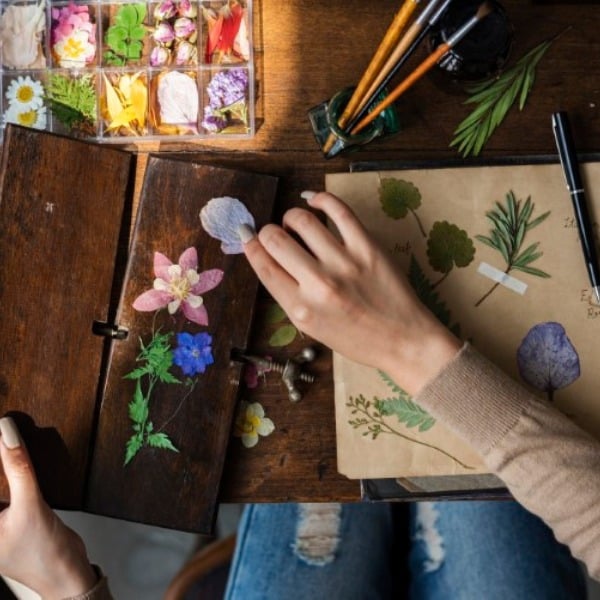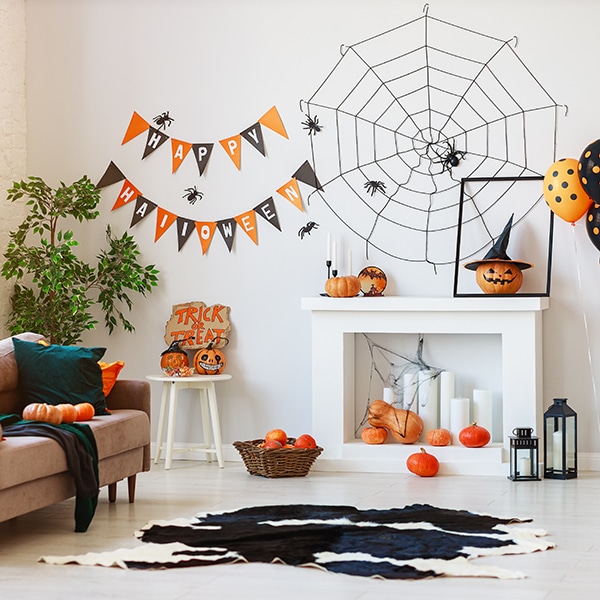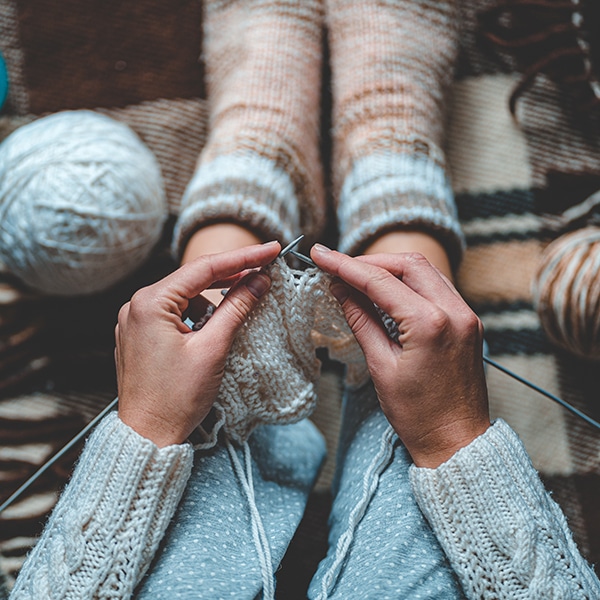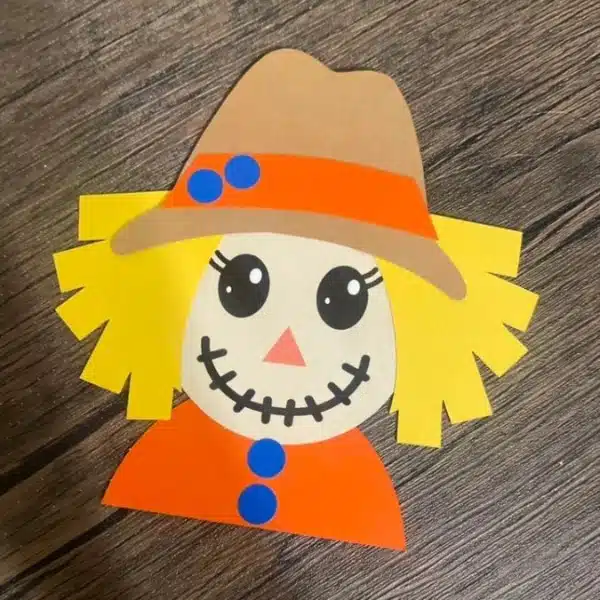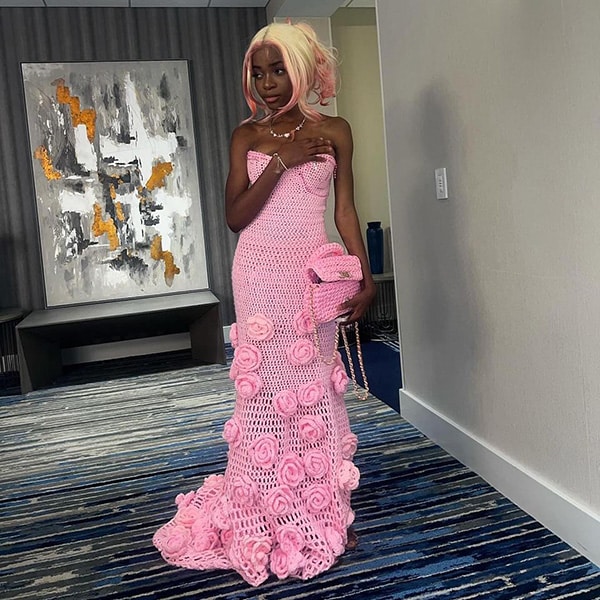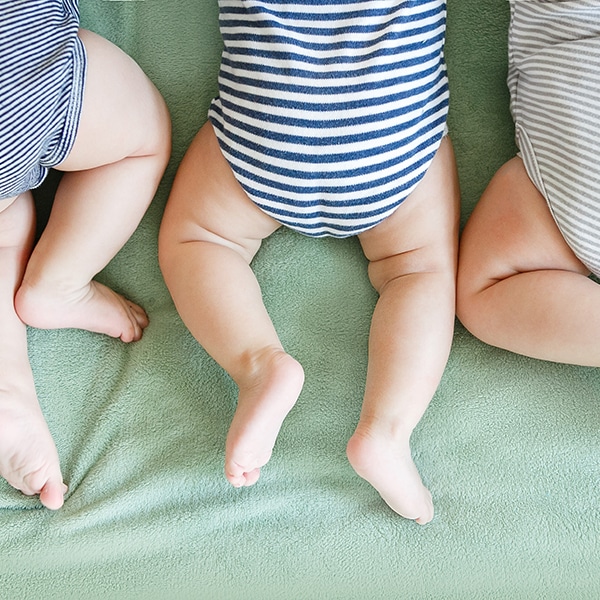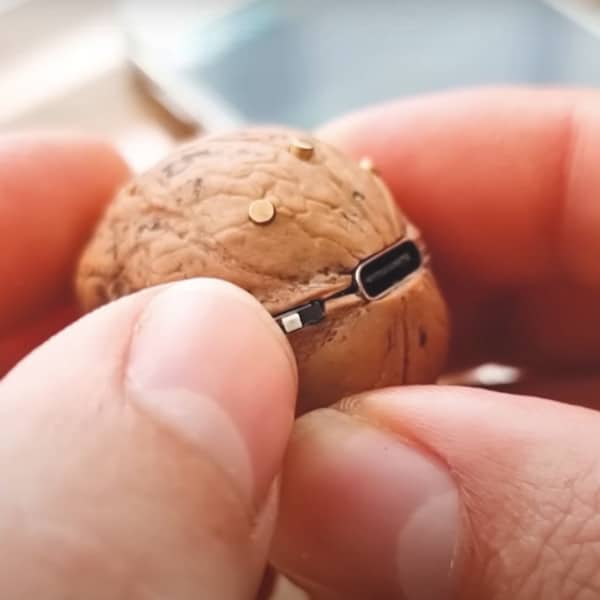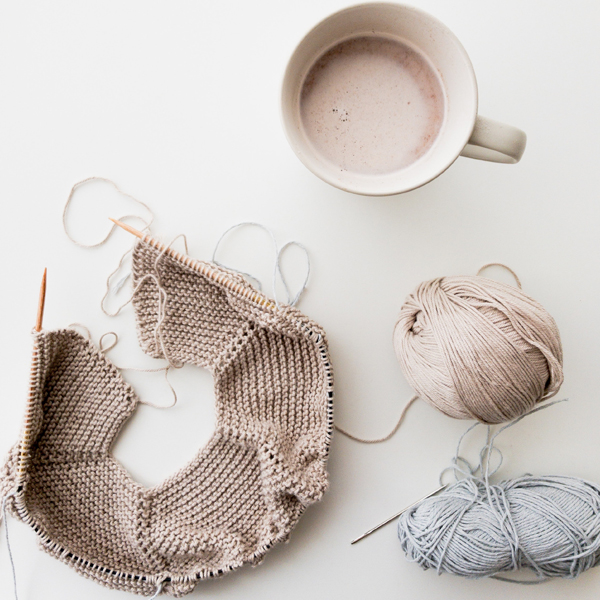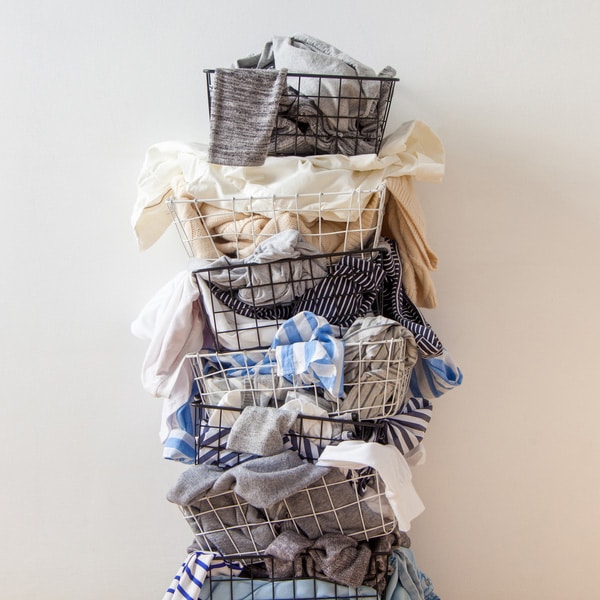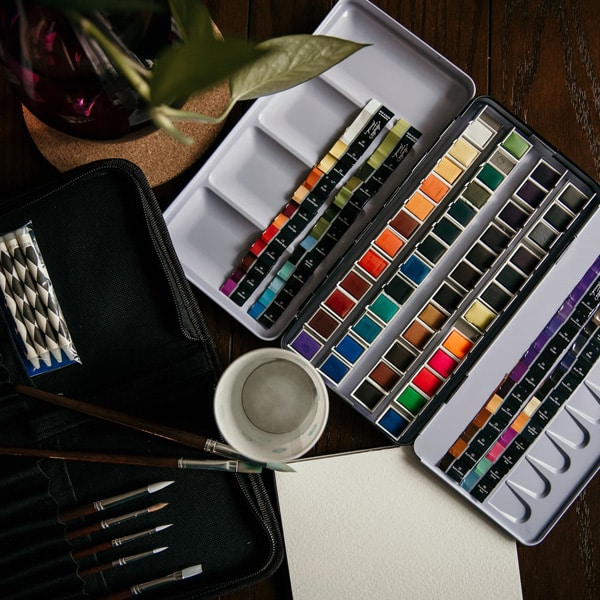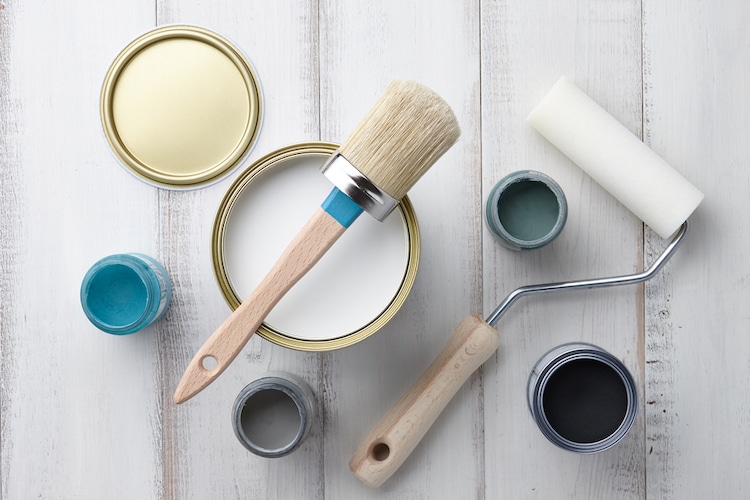
Photo: Chalk paint supplies from kobeza / Shutterstock
This post may contain affiliate links. If you make a purchase, My Modern Met may earn an affiliate commission. Please read our disclosure for more info.
One of the great joys of having your own space is being able to make it truly your own. With the right decor, your favorite room can become a reflection of who you are—giving significant meaning to the phrase, “There’s no place like home.”
DIY projects are the perfect opportunity to customize your space like no one else. If you’re thinking of freshening up a tired piece of furniture or another decor item, chalk paint is a product that DIYers love.
What is chalk paint?
For starters, chalk paint is different than chalkboard paint, which is a type of covering that can be written on with chalk once dry. Chalk paint, in contrast, is a special latex-based paint that has a fine granular powder added to it. (Plaster of Paris is a popular choice.) After the paint dries, the granules create a matte finish that people love.
There are other reasons that make chalk paint a popular choice for home DIY projects, and it has a lot to do with the matte appearance. Using the paint often produces an aged and handcrafted aesthetic, in which imperfections and visible brush strokes are something to celebrate. To enhance this effect, people will sand the paint to create a distressed look or add wax to give it a slight satin sheen.
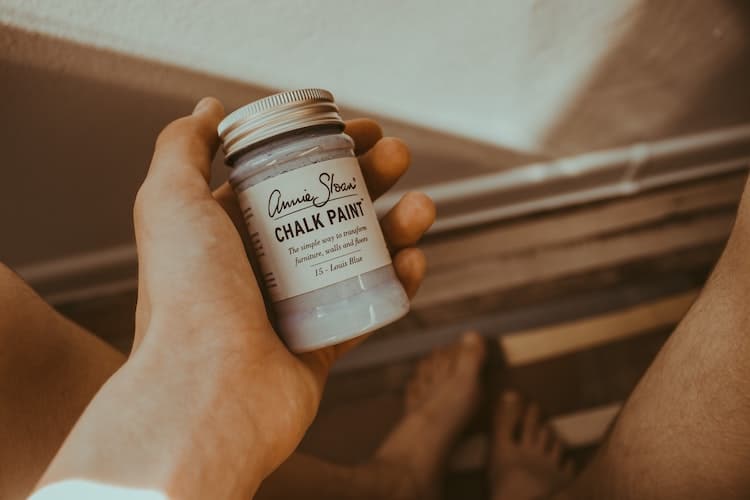
Photo: Anton Darius
Annie Sloan and Making Your Own Chalk Paint
Annie Sloan is the gold standard for chalk paint. The brand is available from select stockists worldwide—unfortunately, she does not sell online. But with over 30 colors of paint, waxes, and tools, it’s worth it to find a store that sells her paint.
It’s also possible to make your own chalk paint with just a few ingredients. Essentially, you take a latex paint of your choice and add a granular powder for the matte finish. Plaster of Paris is popular, but according to many who have created their own chalk paint, it’s not the best option. Calcium carbonate, a substance that naturally occurs in chalk, will produce the best consistency and coverage and dry with the chalky finish. One recipe calls for mixing two-parts paint with one-part of the calcium carbonate, while another instructs two tablespoons for every eight ounces of latex paint (watch how, below).











































































